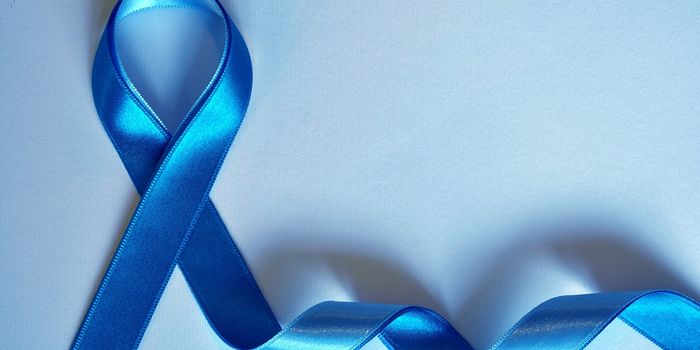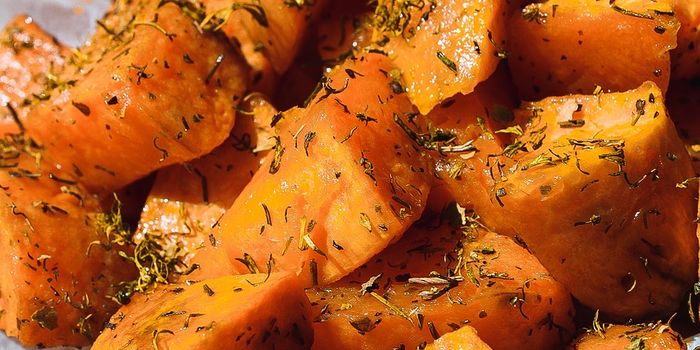Did Chronic Wasting Disease-Infected Deer Sicken Two Hunters?
In recent years, a disease called chronic wasting disease (CWD) has been spreading among North American deer. Scientists and experts have expressed concern that this disease may be linked to a human disease called Creutzfeldt-Jakob disease (CJD), which is caused by misfolded proteins known as prions. Prion diseases are fatal and have caused epidemics, including "kuru in humans, bovine spongiform encephalopathy in cattle, and chronic wasting disease in cervids." There is no treatment for these disorders.
Proteins are essential to the function and survival of cells. They start out as strings of amino acids, which have to be carefully folded into a specific three-dimensional shape so that they carry out their function properly. Misfolded proteins can cause serious problems, and when proteins are not correctly folded they are called prions.
Prion diseases can arise for unknown reasons (although a genetic error is suspected in at least some of those cases), or when meat from an infected animal is consumed. Prions are infectious, and can spread the disease and the misfolding to other cells, although the mechanisms underlying that movement are still unclear.
A variety of animals are affected by prion diseases, and when humans consume beef that comes from an infected cow, they can get Creutzfeldt-Jakob disease (CJD), also known as mad-cow disease. When infected meat is consumed, prions seem to move from the gastrointestinal system, through the peripheral nervous system, and into the central nervous system. Blood transfusions do not seem to be able to spread the disease.
A report has now been published in the journal Neurology that describes the cases of two hunters in Texas who experienced symptoms of prion diseases, and died from them.
A 72-year-old male who became a patient at the University of Texas Health Science Center San Antonio described experiencing emotional problems and confusion, and eventually started to have seizures and other symptoms. He died one month after being admitted to the hospital. An autopsy showed that he had CJD.
The case reminded the clinical team of another similar patient who had died around the same time. After digging a little deeper, the researchers determined that the men had known one another, and were both deer hunters who ate venison.
The study has suggested, although it has not confirmed, that these men both probably got CJD by either eating venison from the same animal, or from animals that were both in the same group. These cases may be one of the very rare situations in which CWD has been transmitted from an animal to a person.
The investigators added that although we do not have definitive proof of animal-to-human transmission of a prion disease, more research is now needed so that we can learn more about CWD, if there is any risk or increased risk of transmission to people, and whether hunters in the local area should be cautioned to not eat venison.
Sources: Medical Express, Neurology









